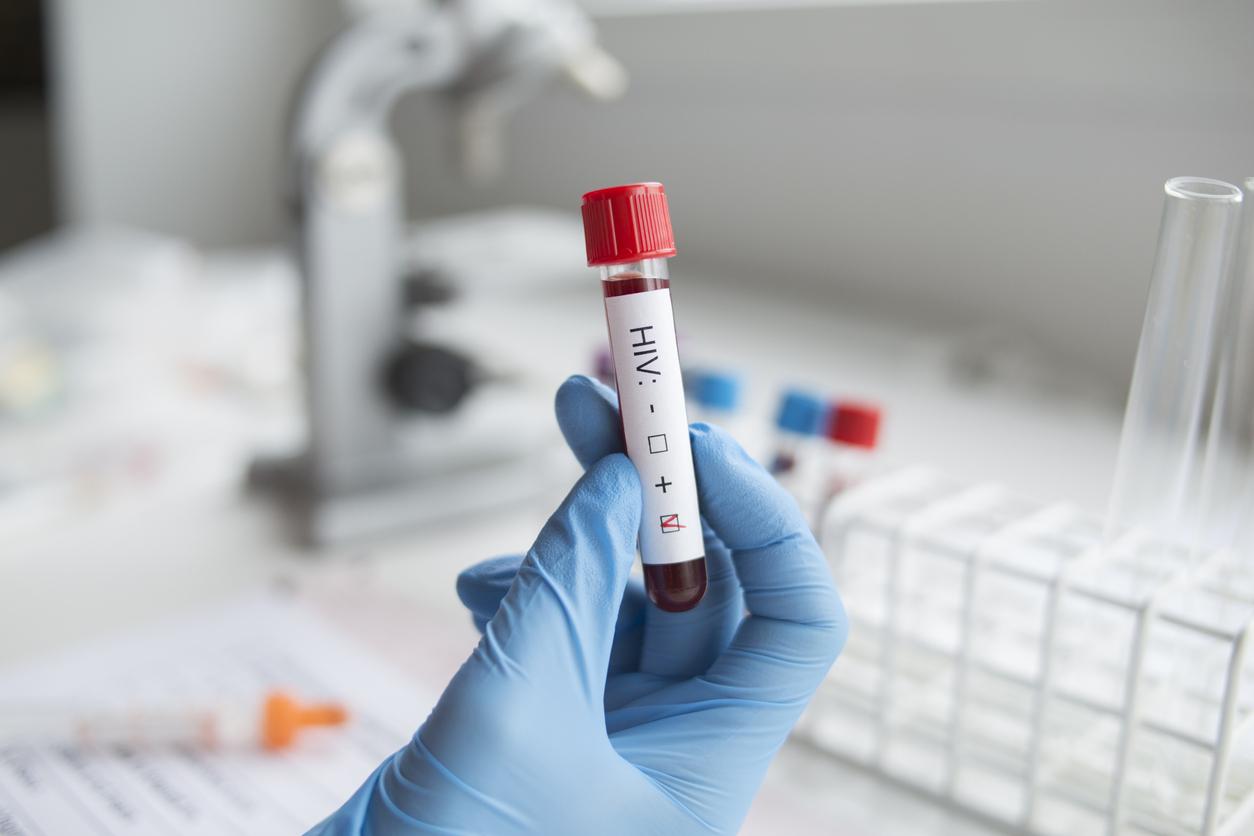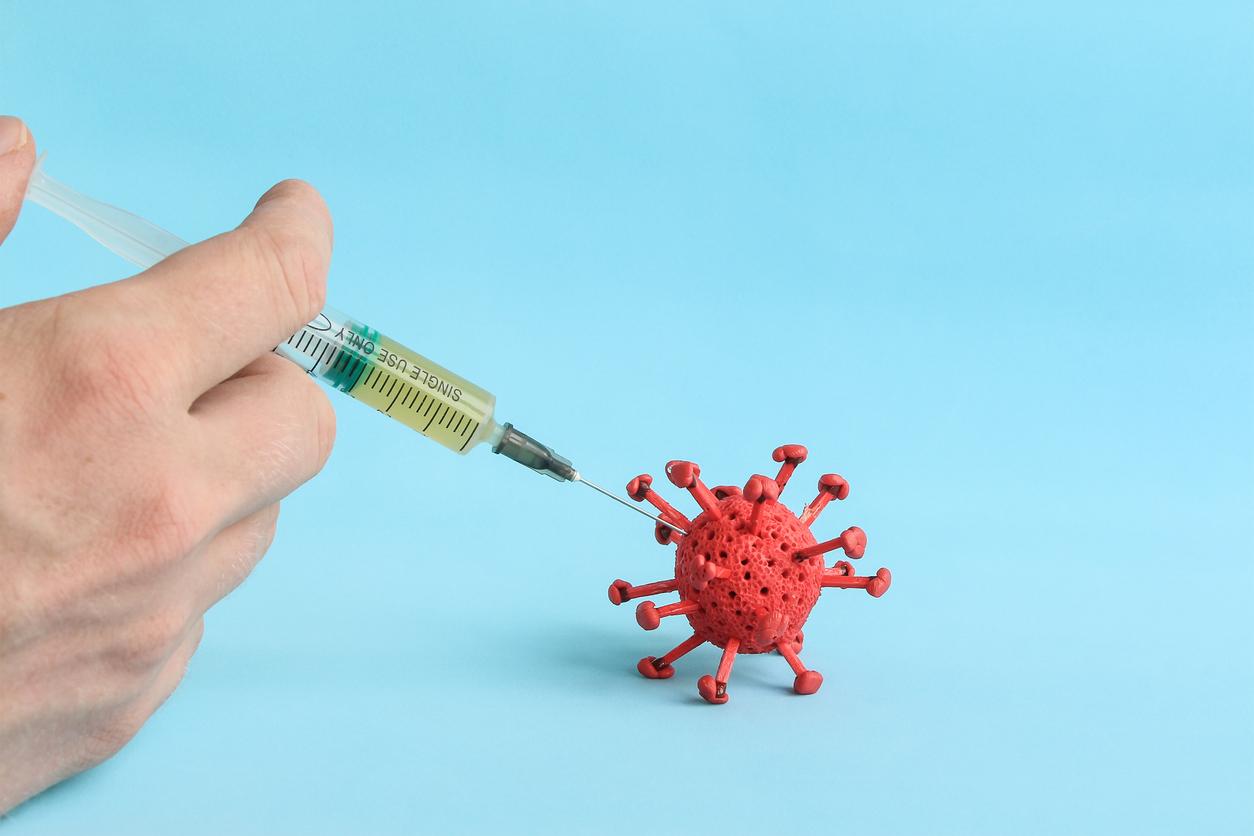The China This is not its first attempt since in 2015, it had already used, without waiting for an international ethical consensus on this process, this technique called CRISPR-Cas9 which had aroused controversy and concerns of an ethical nature in France. within the medical world.
CRISPR: modify and replace defective genes
Clearly, this genome editing method, developed since 2012, makes it possible to point out genes that have problems in the DNA, to modify them in order to control them and to introduce them into human cells.
Great Britain, too, has authorized genetic modification of human embryos in the field of research and not for therapeutic purposes.
CRISPR to fight AIDS?
This time, the team of scientists from the University of Guangzhou in Canton (China) is highlighting the benefits that the CRISPR technique can bring.
The group of researchers thus introduced a modification in genes embryos. Four out of 26 embryos were successfully modified. As a result, their cells have become more resistant to the Human Immunodeficiency Virus (HIV), which causes AIDS.
Their work has been published in the Journal of Assisted Reproduction and Genetics.
CRISPR: between progress and controversy
However, controversy still lurks and as Han Bin, director of the Chinese Center for Genetic Research, believes that the potential therapeutic benefits of the technique for combating heredity-related diseases, including Cancer, “must prevail over scruples”, other scientists are not of this opinion.
According to George Daley, a biologist at the Boston Pediatric Hospital, this study does not provide much more than anecdotal evidence that the technique works on human embryos.
For the specialist in bioethics, Tetsuya Ishii, of the University of Hokkaido (Japan), this research is only a “simple game with human embryos“.
To be continued in the next episode.
Read also :
– UK allows genetic manipulation of human embryos


















